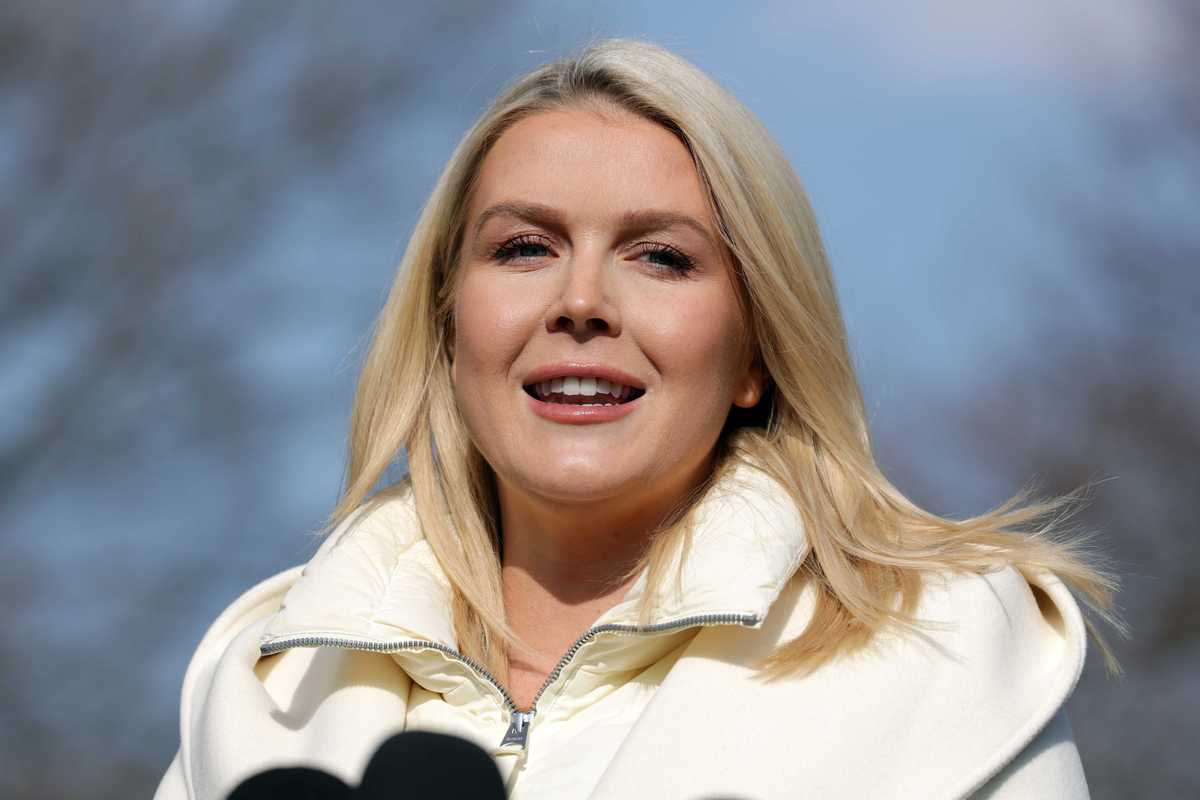News
Evan Bartlett
Jan 10, 2015
In the wake of terror attacks in France this week - in which the perpetrators claimed they were acting in the name of Allah - YouGov has undertaken a poll to identify British attitudes towards religion.
The attacks have been widely condemned by the Islamic community across the world and many argue that the men responsible for killing many innocent people were representative of a highly warped strain of the religion.
Nevertheless, debate still rages - particularly as the initial attack was aimed at a magazine critical of Islam and its portrayal of the Prophet Mohamed.
YouGov has found that British people are more likely to view Islam negatively (61 per cent) than they are Christianity (31 per cent).
Meanwhile, the pollsters also find that despite this negative view of the religion, Britons are more cautious when it comes to criticising it - with 57 per cent feeling comfortable criticising Islam compared to 75 per cent with Christianity.
The problem with a study like this is that it only identifies a trend but does not actually explore the reasons why this trend might be present.
Are Britons less negative towards Christianity because it has been more ubiquitous in the country for much longer and many people still practice it? The country's Muslim population is more concentrated in urban areas than Christianity and so perhaps many people have not had interactions with Muslim people.
Could it therefore be a case that they have more negative perceptions of something they do not know, but as a result of not knowing it are also more cautious about criticising it? Or is it a case that the reprisals sought by the infinitesimally small minority of radicals have a far larger influence than the practices of the vast majority?
More: How France sees Muslims - Very positively
More: Norway's Christians didn't have to apologise for Anders Breivik, and it's the same for Muslims now
Top 100
The Conversation (0)













